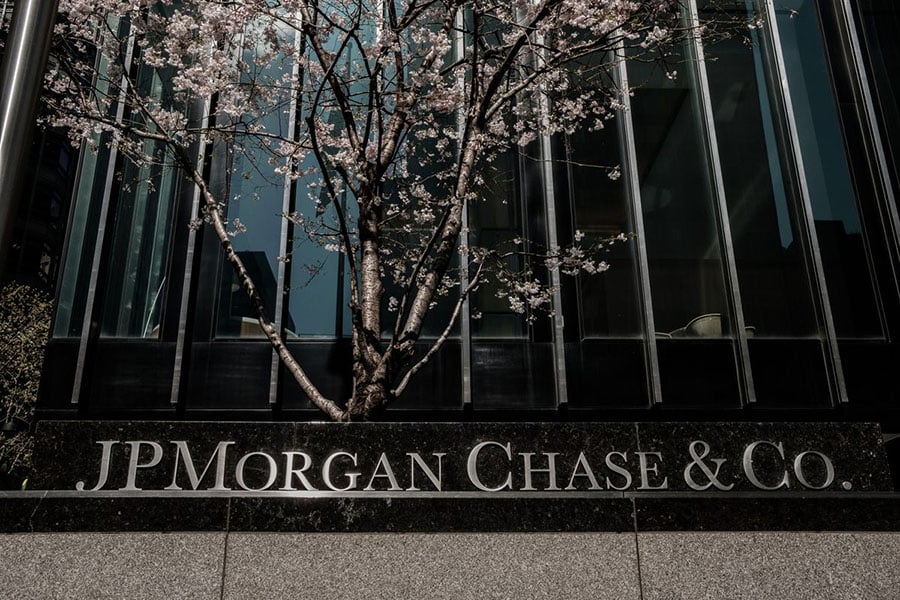As racial diversity tumbles on Wall Street, JPMorgan Chase & Co. has reached a settlement with financial advisers who say they were treated poorly because they're black.
Six current and former employees at the largest U.S. bank filed what they asked to be a class action, alleging discrimination that's "uniform and national in scope." Instead of fighting it in court, the bank agreed to pay $19.5 million to the members of the class, according to Aug. 31 filings. It will also put $4.5 million into a fund that will back recruitment, bias training, a review of branch assignments and a coaching program for black advisers.
"This settlement eliminates the need for litigation, allowing us to continue our focus on a diverse and inclusive environment," said Tom Kelly, a spokesman for JPMorgan. "We will enhance the careers of our black advisers." In the settlement, the bank denies any "wrongdoing of any kind whatsoever."
Big Wall Street banks have been losing black workers year after year in the U.S. Inside JPMorgan, the share of black employees has dropped for six straight years, to 13.4% in 2017 from 16% in 2011, according to its own figures. Black workers account for about one in 10 of the U.S. employees at Citigroup Inc., down from about one in six in 2009.
The lawsuit accuses JPMorgan of sending white advisers to wealthier places while assigning black colleagues to less lucrative branches and denying them opportunities. They had few licensed bankers to support them, were mostly kept out of a program for richer clients and got paid less, the suit says.
(
More:
Slidshow: Diversity and inclusion: 14 inspirational individuals in financial advice)
"These racial disparities result from Chase's systemic, intentional race discrimination and from policies and practices that have an unlawful disparate impact on African Americans," the six plaintiffs said in court papers. They are Jerome Senegal in Texas, Erika Williams in Illinois, Brent Griffin in Wisconsin, Irvin Nash in New York, Amanda Jason in Kentucky and Kellie Farrish in California.
"Our clients are proud of this outcome and acknowledge that JPMorgan had a choice to fight," their lawyer, Linda Friedman, said in an email. "Each case builds on the last. This is how progress is made."
Other banks have faced similar allegations. Wells Fargo & Co. agreed to a $35.5 million settlement with black financial advisers, and Bank of America Corp.'s Merrill Lynch resolved a race discrimination suit for $160 million five years ago.
Jamie Dimon, JPMorgan's chief executive officer, has said the firm is making progress. He told shareholders in an April 2016 letter that he would "dramatically step up our effort" to hire black people.
Ms. Friedman, a civil rights attorney, worked on one of the most famous Wall Street gender-discrimination fights, known as the "Boom-Boom Room" suit. It was filed in 1996 against Smith Barney — when the man running the firm, and a defendant in the case, was Mr. Dimon.







